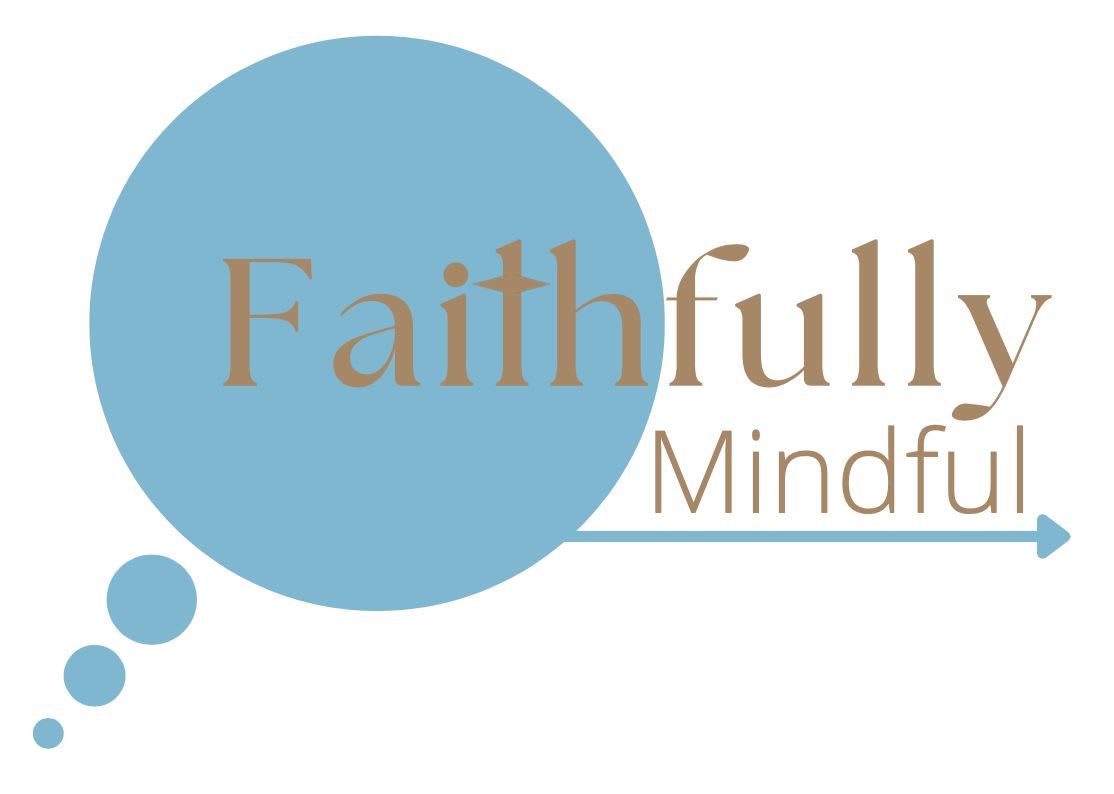Benefits of Mindfulness

Posted on March 26, 2022
- What are the benefits of mindfulness?
Most religions include some type of prayer or meditation technique that helps shift your thoughts away from your usual preoccupations toward an appreciation of the moment and a larger perspective on life.ost religions include some type of prayer or meditation technique that helps shift your thoughts away from your usual preoccupations toward an appreciation of the moment and a larger perspective on life.
Professor emeritus Jon Kabat-Zinn, founder and former director of the Stress Reduction Clinic at the University of Massachusetts Medical Center, helped to bring the practice of mindfulness meditation into mainstream medicine and demonstrated that practicing mindfulness can bring improvements in both physical and psychological symptoms as well as positive changes in health, attitudes, and behaviors.
Mindfulness improves well-being. Increasing your capacity for mindfulness supports many attitudes that contribute to a satisfied life. Being mindful makes it easier to savor the pleasures in life as they occur, helps you become fully engaged in activities, and creates a greater capacity to deal with adverse events. By focusing on the here and now, many people who practice mindfulness find that they are less likely to get caught up in worries about the future or regrets over the past, are less preoccupied with concerns about success and self-esteem, and are better able to form deep connections with others.
Mindfulness improves physical health. If greater well-being isn’t enough of an incentive, scientists have discovered that mindfulness techniques help improve physical health in a number of ways. Mindfulness can: help relieve stress, treat heart disease, lower blood pressure, reduce chronic pain, , improve sleep, and alleviate gastrointestinal difficulties.
Mindfulness improves mental health. In recent years, psychotherapists have turned to mindfulness meditation as an important element in the treatment of a number of problems, including: depression, substance abuse, eating disorders, couples’ conflicts, anxiety disorders, and obsessive-compulsive disorder.
- Mindfulness techniques
There is more than one way to practice mindfulness, but the goal of any mindfulness technique is to achieve a state of alert, focused relaxation by deliberately paying attention to thoughts and sensations without judgment. This allows the mind to refocus on the present moment. All mindfulness techniques are a form of meditation.
Basic mindfulness meditation – Sit quietly and focus on your natural breathing or on a word or “mantra” that you repeat silently. Allow thoughts to come and go without judgment and return to your focus on breath or mantra.
Body sensations – Notice subtle body sensations such as an itch or tingling without judgment and let them pass. Notice each part of your body in succession from head to toe.
Sensory – Notice sights, sounds, smells, tastes, and touches. Name them “sight,” “sound,” “smell,” “taste,” or “touch” without judgment and let them go.
Emotions – Allow emotions to be present without judgment. Practice a steady and relaxed naming of emotions: “joy,” “anger,” “frustration.” Accept the presence of the emotions without judgment and let them go.
Urge surfing – Cope with cravings (for addictive substances or behaviors) and allow them to pass. Notice how your body feels as the craving enters. Replace the wish for the craving to go away with the certain knowledge that it will subside.
- Mindfulness meditation and other practices
Mindfulness can be cultivated through mindfulness meditation, a systematic method of focusing your attention. You can learn to meditate on your own, following instructions in books or on tape. However, you may benefit from the support of an instructor or group to answer questions and help you stay motivated. Look for someone using meditation in a way compatible with your beliefs and goals.
If you have a medical condition, you may prefer a medically oriented program that incorporates meditation. Ask your physician or hospital about local groups. Insurance companies increasingly cover the cost of meditation instruction.
Original article: https://www.helpguide.org/harvard/benefits-of-mindfulness.htm
Get in Touch
How Can I Help?
Send me your message through the form below
